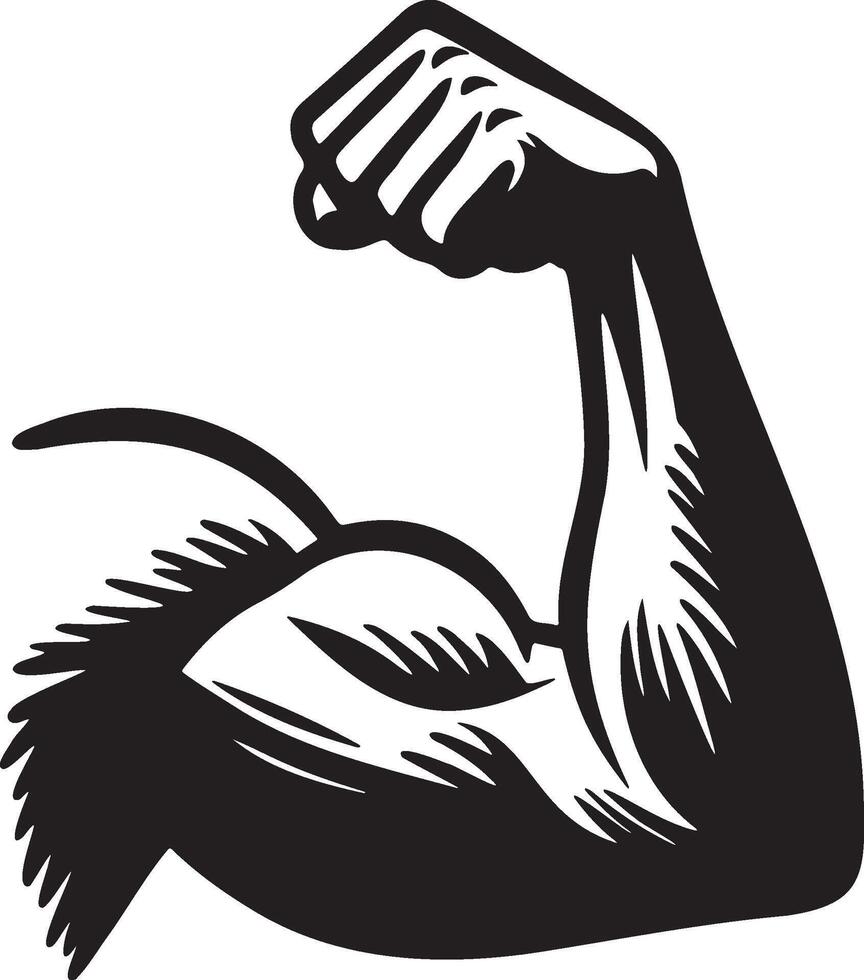
Mem Moment | Be Strong and Be Strengthened
Parashat Behar-Bechukotai
This week’s double Torah portion concludes the book of Leviticus, the middle of the Five Books of Moses. Traditionally, after the Torah reader chants the final verse of each of the books, the congregation responds with the Hebrew phrase “chazak chazak v’nitchazek” – Be strong, be strong, and may we strengthen each other.
This is similar to the Jewish phrase often used when someone does a good job: “Yasher koach” – literally, “may your strength be righteous.” We all have strengths in different areas of life, and we want to be encouraging of people when they use their strengths in a positive way. So too for at the end of a Torah reading: Chanting from the Torah scroll is a skill that is easier for some then others, and we want the Torah reader to feel proud of what they have done, even if they might be miffed at themselves that they made a mistake or two.
But the addition of the word “nitchazek” points to the ways in which being in community makes such a big difference. When we are together, we strengthen each other. And especially at moments of transition, we rely on each other’s strengths.
